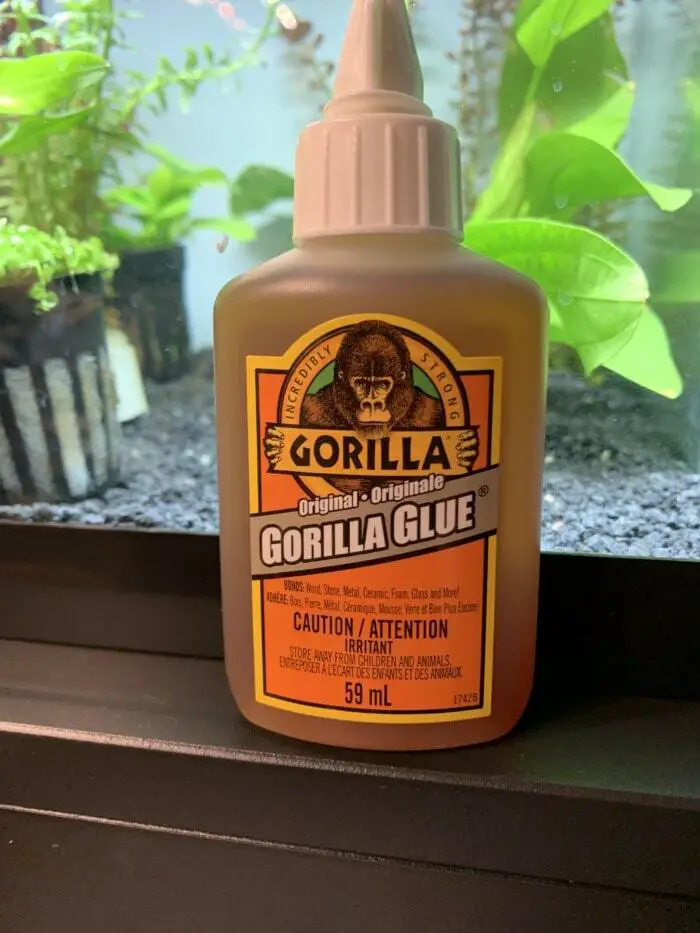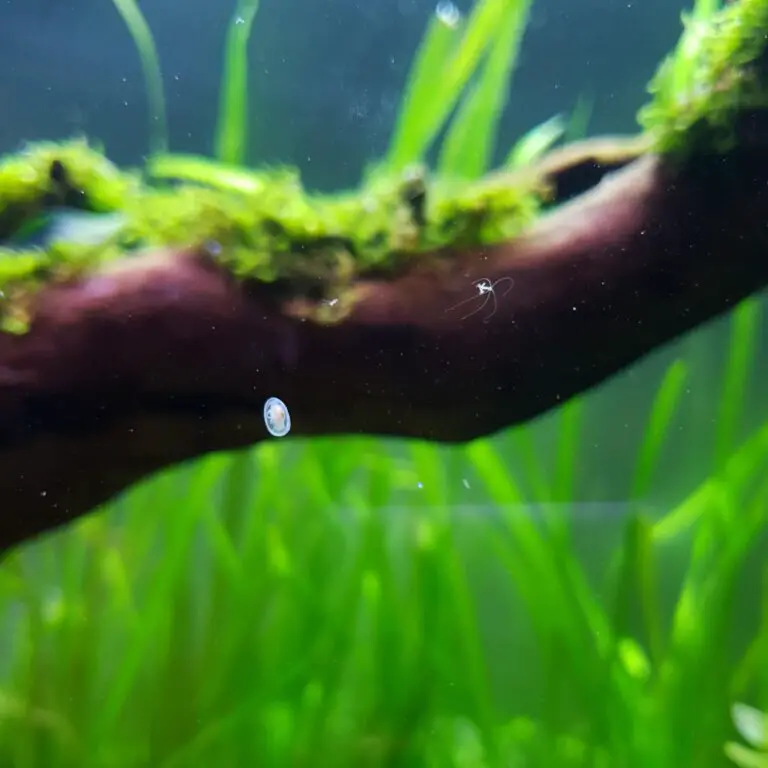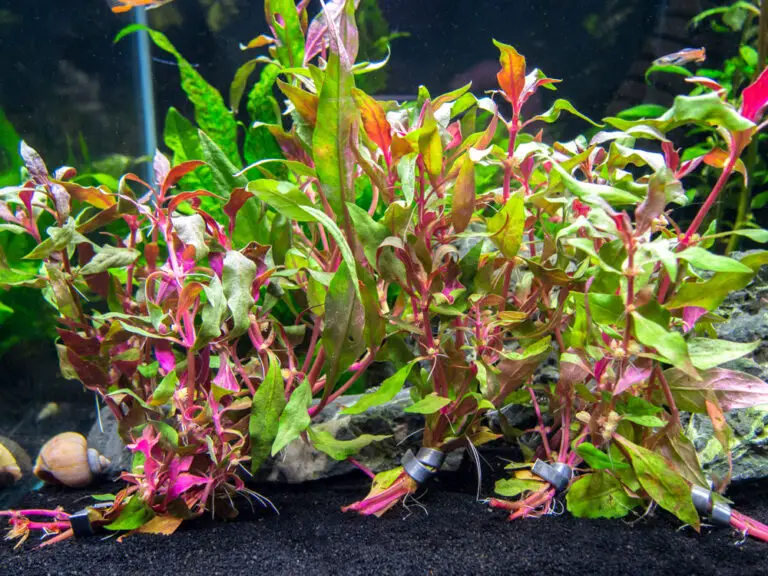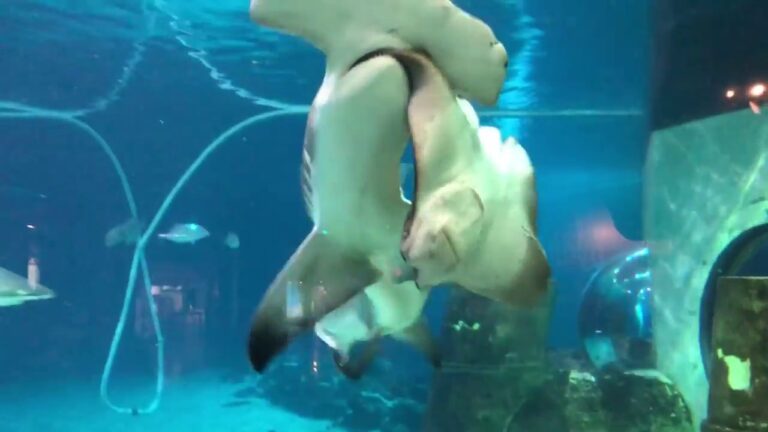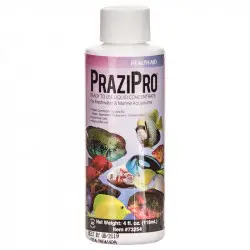Is Gorilla Glue Safe for Aquariums?
Aquariums are a popular choice for many people who enjoy the beauty and tranquility of underwater ecosystems.
Setting up and maintaining an aquarium requires careful consideration of the materials used, including adhesives for various purposes.
One common adhesive that often comes to mind is Gorilla Glue.
However, before using Gorilla Glue in your aquarium, it is important to understand whether it is safe for aquatic environments.
I will explore the safety of Gorilla Glue for aquariums, providing insights based on first-hand knowledge and credible sources.
Gorilla Glue is a popular adhesive known for its strong bonding capabilities. It is commonly used for various purposes, such as repairing broken objects or securing decorations.
However, when it comes to aquariums, the safety of Gorilla Glue becomes a concern.
Gorilla Glue contains a polyurethane adhesive, which is known to expand and foam when it comes into contact with moisture.
This foaming property makes it unsuitable for direct use in aquariums.
The expanding foam can release harmful chemicals and residues that can be toxic to aquatic life.
In addition to the foaming property, Gorilla Glue also contains a moisture-activated curing process.
When exposed to water, the glue can harden and create a solid bond.
While this may seem beneficial for securing objects in an aquarium, it can also pose a risk.
The hardened glue can release chemicals into the water, potentially harming the fish and other aquatic organisms.
Is Original Gorilla Glue Aquarium Safe?
The short answer is no, original Gorilla Glue is not safe for use in aquariums.
While it may be an excellent adhesive for various projects, it is not designed to be submerged in water for prolonged periods.
The adhesive can release potentially harmful chemicals into the water, posing a threat to the aquatic life in your aquarium.
Gorilla Glue is a popular adhesive known for its exceptional strength and versatility.
It is commonly used in various DIY projects and repairs due to its ability to bond to a wide range of materials, including wood, metal, stone, ceramic, and more.
The adhesive forms a strong bond when it comes into contact with moisture, making it ideal for both indoor and outdoor applications.
The Composition of Original Gorilla Glue
Original Gorilla Glue is a polyurethane-based adhesive. It is composed of polyurethane prepolymer, diphenylmethane diisocyanate (MDI), and a proprietary blend of additives and solvents.
When the glue is exposed to moisture, it undergoes a chemical reaction known as curing, which results in the formation of a strong and durable bond.
Why is Gorilla Glue Unsafe for Aquariums?
Toxic Chemicals: The expanding foam and curing process of Gorilla Glue can release toxic chemicals into the water.
These chemicals may harm the delicate balance of the aquarium ecosystem and pose a risk to the health of the fish and other aquatic organisms.
Water Contamination: The hardened glue can break down over time, releasing particles and contaminants into the water.
This can lead to water pollution and negatively impact the overall water quality in the aquarium.
Adverse Effects on Aquatic Life: The toxic chemicals released by Gorilla Glue can have severe consequences for the fish and other aquatic organisms.
They may experience respiratory distress, skin irritation, and even death.
Difficulty in Removal: Once Gorilla Glue has cured and hardened, it becomes challenging to remove from surfaces.
This can be problematic if you need to make changes or repairs to your aquarium setup.
Alternatives to Gorilla Glue for Aquariums
While Gorilla Glue may not be suitable for aquarium use, there are alternative adhesive options that are specifically designed for aquatic environments.
These alternatives provide a safe and effective way to secure objects in your aquarium without risking the health of the aquatic life.
Some popular alternatives include:
Aquarium-Safe Silicone: Aquarium silicone is specifically formulated for use in aquariums.
It is non-toxic, waterproof, and resistant to deteriorating in water. This makes it a safe and reliable choice for bonding objects in your aquarium.
Silicone sealants specifically designed for aquarium use are a popular choice among hobbyists. These sealants safe for both freshwater and saltwater environments.
Epoxy Resin: Epoxy resin is another adhesive commonly used in aquariums. It is non-toxic, water-resistant, and provides a strong bond.
Epoxy resin is often used for creating rock structures or attaching corals and other decorations.
Epoxy resins that are labeled as aquarium-safe can be used to bond materials in your aquarium.
These resins are designed to be water-resistant and do not release harmful chemicals into the water.
Cyanoacrylate Gel: Cyanoacrylate gel, also known as super glue gel, is safe for aquarium use when used in small amounts.
It provides a quick and secure bond and is commonly used for attaching small objects or repairing minor damages.
Cement: Cement can be used to secure rocks and other decorations in your aquarium.
However, it is important to choose a cement that is free from additives and chemicals that could harm the aquatic life.
Is Gorilla Glue Safe for Plants?
Gorilla Glue is a powerful adhesive that can be used for a variety of projects, including bonding together different materials like wood, metal, glass, and more.
But what about using gorilla glue on plants? Is it safe?
The short answer is yes, Gorilla Glue is safe for plants.
This tough adhesive can be used to secure planters to walls or tables, attach trellises or other support structures to pots, and even mend broken branches on larger trees.
Just keep in mind that Gorilla Glue is not waterproof, so it’s not ideal for use in areas where there is a lot of moisture.
If you do decide to use Gorilla Glue on your plants, here are a few tips to keep in mind:
- Make sure the surfaces you’re bonding are clean and dry before applying the glue. This will help ensure a strong bond.
- Apply the glue sparingly. A little goes a long way with this product!
- Allow plenty of time for the glue to set before moving or handling the bonded area too much.
Otherwise, you run the risk of weakening the bond or causing damage to your plant.
Is Loctite Super Glue Aquarium Safe?
Looking for an aquarium-safe glue? You may have heard of Loctite Super Glue. But is it safe to use on fish tanks?
Here’s what you need to know about Loctite Super Glue and aquariums:
Yes, Loctite Super Glue is safe for aquariums. It is a non-toxic adhesive that will not harm your fish or plants.
Loctite Super Glue can be used to repair leaks in fish tanks and to attach decorations.
It dries clear and sets quickly, so it won’t affect the appearance of your aquarium.
If you do use Loctite Super Glue in your aquarium, make sure that the area around the repair is clean and free of debris before applying the glue.
This will help ensure a strong bond and prevent any chemicals from leaching into the water.
Is Wood Glue Aquarium Safe?
Are you looking for an aquarium-safe glue that can be used to attach decorations, build filters, or make other repairs?
If so, you may be wondering if wood glue is a good option.
Here’s what you need to know about using wood glue in your aquarium:
- Wood glue is made from water-resistant resins and is designed to withstand high humidity levels. This makes it an ideal choice for use in an aquarium environment.
- When choosing a wood glue, be sure to select one that is non-toxic and safe for use around fish and plants. Many brands of wood glue are available that meet these criteria.
- Be sure to test the wood glue in a small area of your aquarium before using it on a larger scale. This will help ensure that it does not cause any adverse reactions in your tank inhabitants or negatively affect water quality.
Aquarium Safe Glue for Rocks
If you’re looking for a safe and effective way to glue rocks together in your aquarium, look no further than aquarium safe glue.
This type of glue is specifically designed for use in aquatic environments, so you can rest assured that it won’t harm your fish or plants.
Plus, it’s super easy to use – just apply a small amount to the rocks you want to join, and they’ll be securely glued together in no time.
There are many different brands of aquarium safe glue on the market, so you should have no trouble finding one that meets your needs.
Just be sure to read the product label carefully before purchasing, to make sure that it is indeed safe for use in an aquarium.
Once you’ve found the right glue, simply follow the instructions on the packaging and you’ll have your rocks securely glued together in no time!
Is E6000 Aquarium Safe?
E6000 is a clear, non-toxic, waterproof glue that is safe for use on aquariums.
It can be used to attach aquarium decorations, rocks, and coral to the glass or acrylic of your aquarium.
It can also be used to repair cracks in the glass or acrylic of your aquarium.
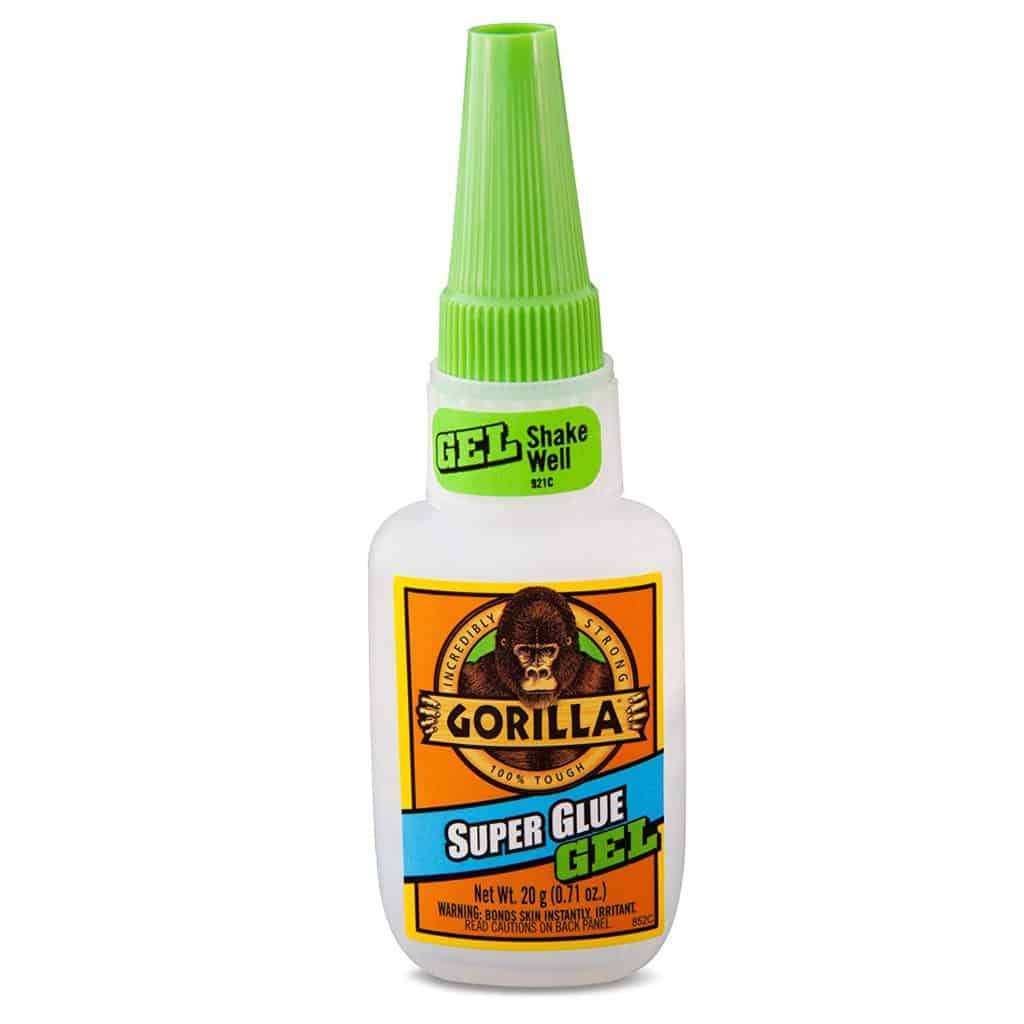
Credit: www.thebeginnersreef.com
Can I Use Gorilla Glue Underwater?
Gorilla Glue is a versatile, all-purpose adhesive that can be used for a variety of projects both big and small.
It’s strong and durable, making it ideal for bonding together a variety of materials like wood, metal, glass, ceramic, and more.
And because it’s waterproof, it can even be used underwater!
Whether you’re looking to seal up a leaky pipe or make repairs to your boat hull, Gorilla Glue is the perfect solution.
Just keep in mind that it takes longer to set when used in wet or humid conditions, so give yourself plenty of time for the glue to dry completely before putting your project into use.
Is Gorilla Glue Super Glue Gel Aquarium Safe?
Gorilla super glue gel is a cyanoacrylate adhesive, which means it’s not aquarium safe.
The problem with Gorilla glue and other super glues is that they’re made with chemicals that can be harmful to fish and other aquatic creatures.
The glue can release toxins into the water that can poison your fish or make them sick.
So, while you may be able to use Gorilla glue to repair an aquarium, it’s not recommended.
Conclusion
It is important to prioritize the safety and well-being of your aquatic pets when setting up an aquarium.
While original Gorilla Glue may be a reliable adhesive for various projects, it is not safe for use in aquarium environments.
The adhesive can release toxic chemicals into the water, posing a threat to the delicate balance required for the health of your aquatic pets.
Instead, opt for aquarium-safe alternatives such as silicone sealants and epoxy resins to ensure a safe and thriving aquarium environment.
Remember, always research and choose materials specifically designed for aquarium use to provide the best care for your underwater friends.
